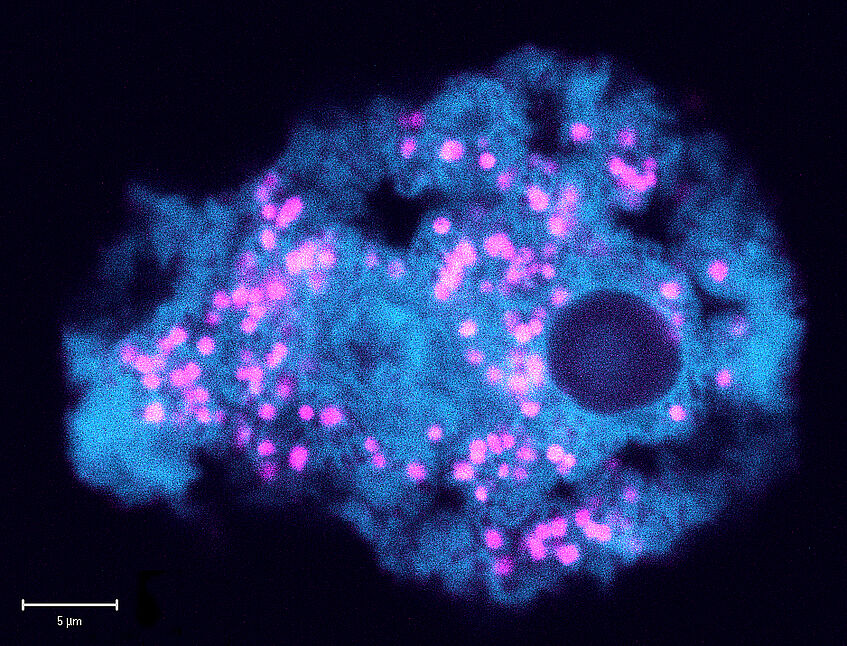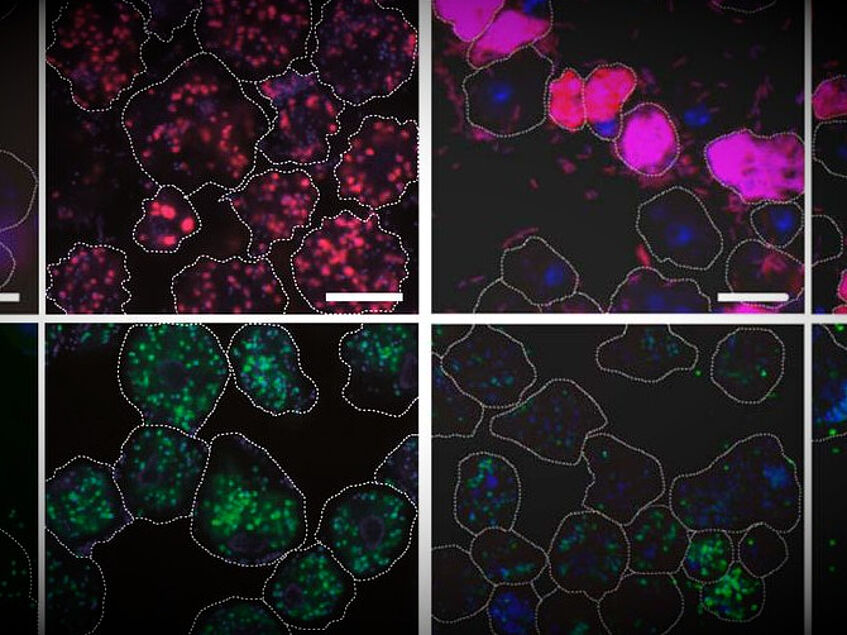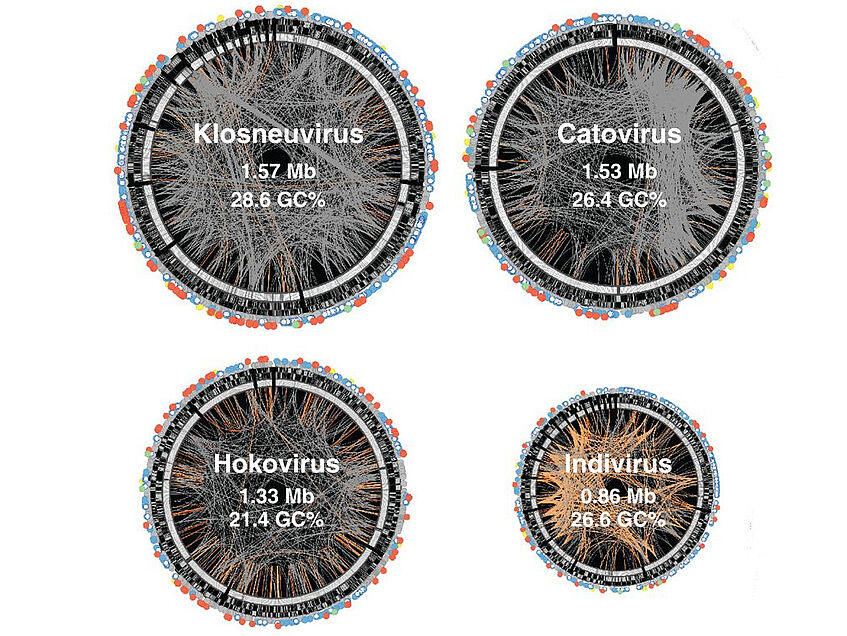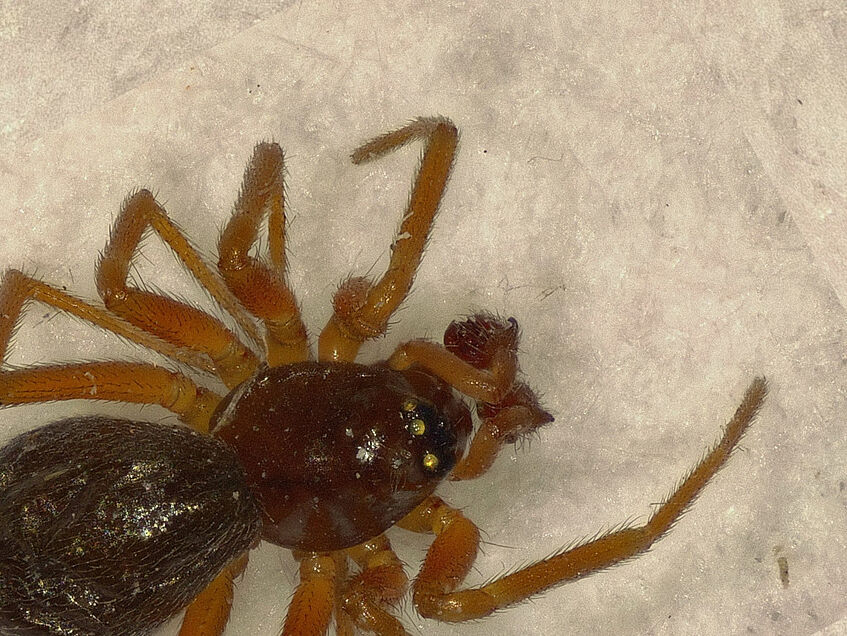Univ.-Prof. Dr. Matthias Horn

Our research focuses on bacteria infecting and residing within eukaryotic cells. Using an array of molecular and computational methods, we discover novel intracellular microbes and decipher the molecular mechanisms and evolutionary processes underlying these associations.
Bacteria living within eukaryotic host cells comprise important pathogens as well as symbionts of humans, animals, and protists. Yet, intracellular microbes have long been underestimated with respect to their diversity, distribution in nature, and their ecological importance.
To address this knowledge gap, we investigate selected non-model organisms, including symbionts of amoeba, arthropods, and cnidarians, as well as viruses infecting protists. Current studies include the search for novel giant viruses, the effects of co-infections with multiple intracellular microbes, genome evolution under the constraints of the intracellular life style, and evolution experiments to better understand the evolution of microbe-host interactions.
Ongoing Research Projects
Group Members
Funding
Matthias Horn is a member of the Austrian Science Fund Cluster of Excellence Microbiomes Drive Planetary Health.
Our research has received financial support from:
- Austrian Science Fund FWF
- European Research Council ERC
- The European Union and the Marie Sklodowska-Curie Actions




